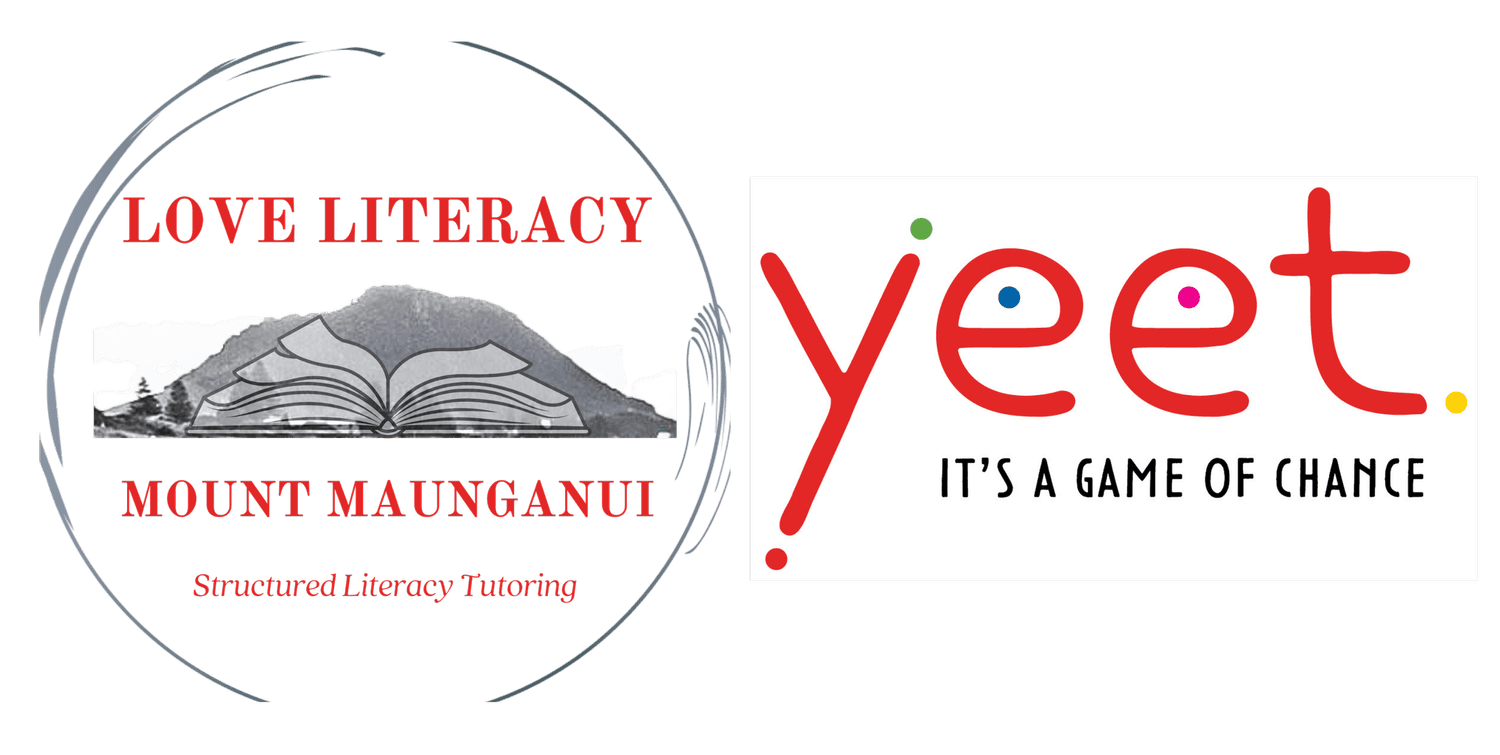Primary and Secondary Knowledge
One of the topics I have found fascinating over the past months is the concept of primary and secondary knowledge. This may be something you are familiar with, however, if you are not overly familiar with it, it can be really eye-opening when it is linked with reading, writing, and spelling.
Biologically primary knowledge and skills are the things we have evolved and are able to acquire easily (Dideau, D). For example, when we are looking at language and language acquisition, oral language skills and vocabulary development are primary skills, these are hard-wired into our brains.
Biologically secondary knowledge and skills are the things we need to be instructed in (Dideau, D). For example, Ashman (2015) writes “These are the kinds of knowledge and skills that came late to the party. For instance, writing was only invented a few thousand years ago and, for much of the time since, only a few members of the elite would learn the skill. This means that we cannot have evolved the capacity to learn how to read or write.”
How do the two skills link together for reading, writing, and spelling? Once oral language skills are established, (biologically primary) reading, writing, and spelling need to be taught rather than caught, as they do not occur easily and with automaticity as they do with listening and learning to speak. It requires effort.
The effort involved with reading includes but is not limited to understanding vocabulary, and language structure as well as having literacy knowledge. It is also the ability to decode written symbols and map words to long-term memory for instant and effortless retrieval, alongside comprehending text. This is not easily acquired!
Writing skills involve critical thinking, understanding the structure of text in order to write, being able to form letters correctly, and being able to translate sounds into symbols. Spelling is a component of writing and involves the understanding of the relationship between sounds and letters (as well as morphology and etymology!) Again, this is not easily acquired.
In essence, while our biologically primary skills form the foundation for language development, the journey to becoming a proficient reader, writer, and speller is a learned endeavor that needs to be taught in a systematic, synthetic, and cumulative way.
Recognising and understanding this interplay between our innate capacities (primary skills) and acquired skills (secondary skills) provides valuable insights into the challenges and efforts involved in becoming literate individuals. Embracing the intentional teaching of these biologically secondary skills becomes essential in empowering individuals on their path to mastering both the words we read, and the words we write.
Ashman, G. (2015) Primary vs Secondary. Retrieved from https://gregashman.wordpress.com/2015/08/16/primary-versus-secondary/
Didau, D. (2023) Education Isn’t Natural. Retrieved from: https://learningspy.co.uk/psychology/can-learn-evolutionary-psychology/
Further Reading:
https://inclusive.tki.org.nz/guides/dyslexia-and-learning/the-simple-view-of-reading-and-literacy-acquisition/
Joan Sedita’s “Writing Rope”
https://www.sciencedirect.com/science/article/pii/S0001691822001251
https://journals.sagepub.com/doi/10.1177/0265659020947817
https://pamelasnow.blogspot.com/2023/06/learning-to-read-is-not-childs-play.html#:~:text=Literacy%20(by%20which%20I%20mean,years%20of%20school%20and%20beyond.
An introduction to cognitive load theory
